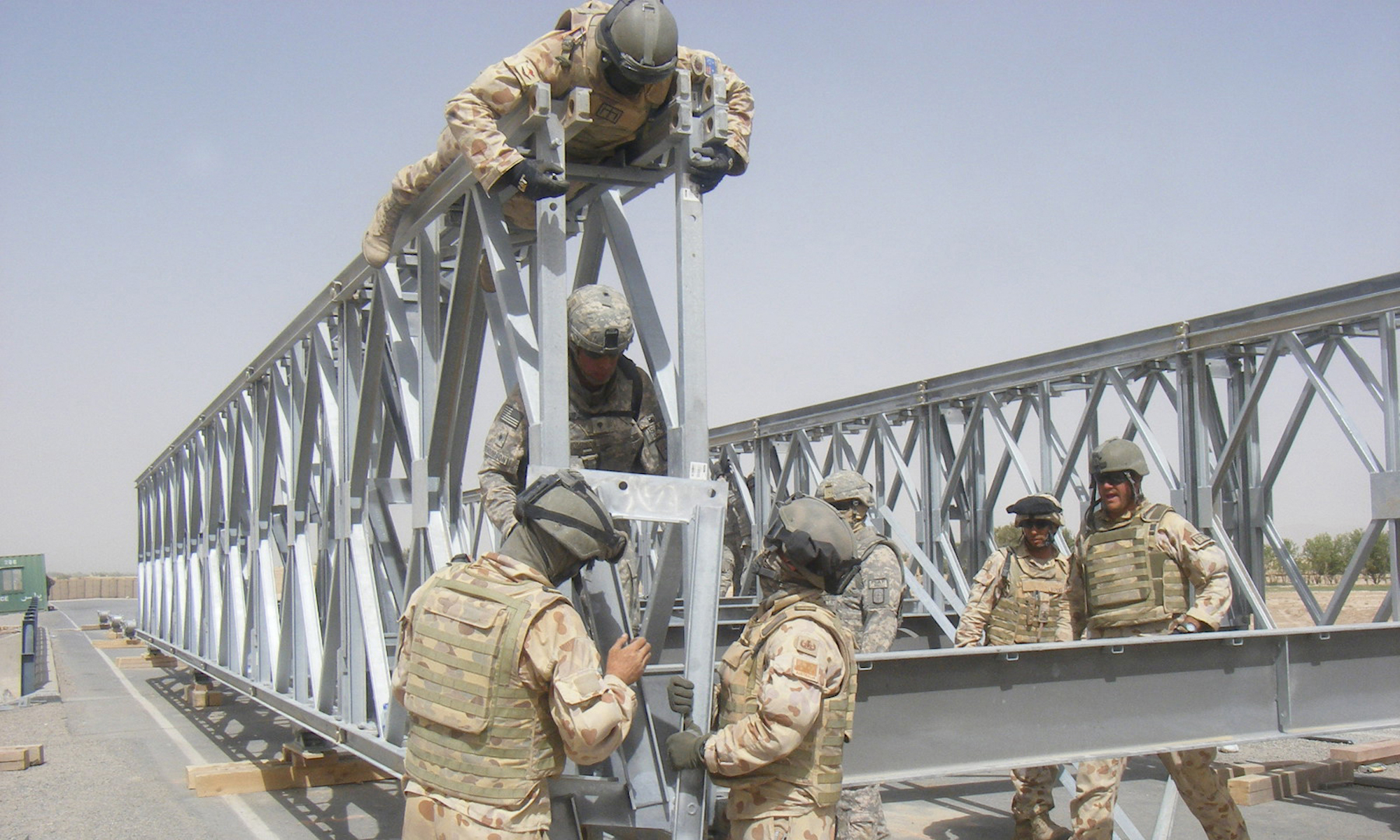Religious Peace-building in South Africa: From Potential to Practic
The Trauma of Truth Telling: Effects of Witnessing in the Rwandan Gacaca Courts on Psychological Health
Truth telling has come to play a pivotal role in postconflict reconciliation processes around the world. A common claim is that truth telling is healing and will lead to reconciliation. The present study applies recent psychological research to this issue by examining whether witnessing in the gacaca, the Rwandan village tribunals for truth and reconciliation after the 1994 genocide, was beneficial for psychological health. The results from the multistage, stratified cluster random survey of 1,200 Rwandans demonstrate that gacaca witnesses suffer from higher levels of depression and PTSD than do nonwitnesses, also when controlling for important predictors of psychological ill health. Furthermore, longer exposure to truth telling has not lowered the levels of psychological ill health, nor has the prevalence of depression and PTSD decreased over time. This study strongly challenges the claim that truth telling is healing and presents a novel understanding of the complexity of truth-telling processes in postconflict peace building.
Colombia Peace Programmatic I. Demobilization and Reinsertion of Ex-Combatants in Colombia
This report presents the results of the study on the demobilization and reinsertion of excombatants from illegal armed groups in Colombia. The report describes and analyzes the Colombian case, compares it with international experience, discusses critical issues of the current program, and presents options to improve its design and implementation. The study responds to a request by the Colombian government to conduct an assessment of the previous and current approaches to demobilization and reinsertion in Colombia and, in light of national and international experience, to present options to improve the program. This study relied principally on secondary data and information from existing studies, essays, and press articles produced by government agencies, nongovernmental organizations, United Nations and bilateral agencies, specialized analysts, and media. The analysis also used primary information collected for the study, including: (1) information from interviews with government and non-government sources about the current condition of individuals demobilized during the 1990s; (2) the profiles of a sample of young excombatants (18-26 years old) enrolled in the current reinsertion program in Medellin and Bogota; (3) the assessment of the demobilization and reinsertion experience of the 1990s as viewed by leaders of existing foundations from four of the demobilized groups; and (4) a special work session held with 50 representatives from diverse private-sector associations and businesses. This study assesses Colombia’s experience using a framework of five interwoven phases from armed conflict to peace: prevention, demobilization, reinsertion, reintegration, and reconciliation. This framework together with accumulated national and international best practices in technical aspects of the operations of disarmament, demobilization, and reinsertion (DDR) programs are used in the analysis of the current Program of Demobilization and Reinsertion (PDR).
Iraq since 2003: Perspectives on a Divided Society
While political accommodation and the passage of time may heal the wounds in Iraqi society, it is just as likely that the lack of real reconciliation will undermine the political process.
